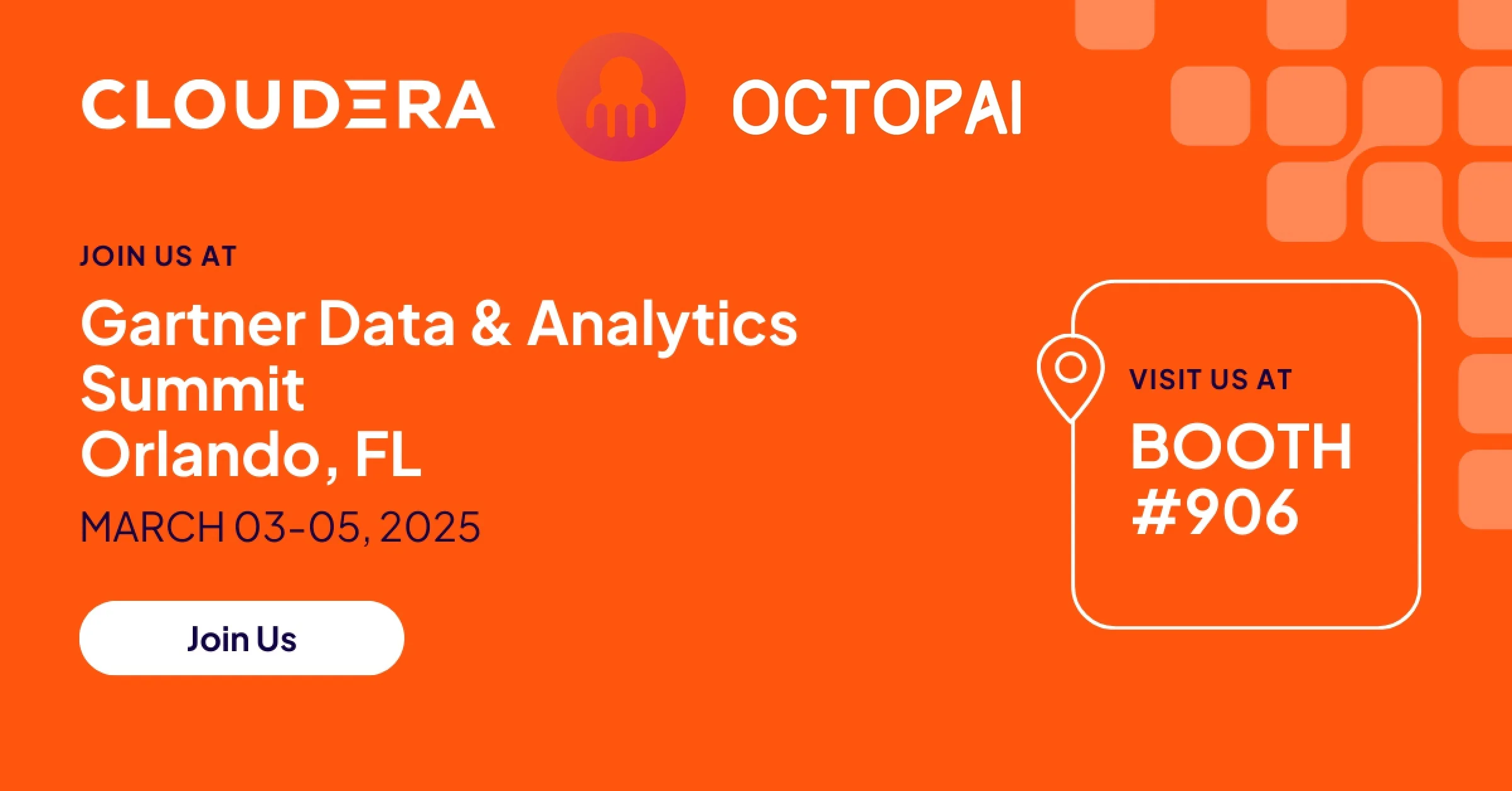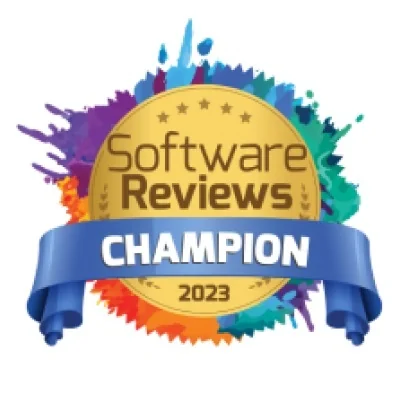This blog post will explore how metadata management has quickly become the #1 topic on the minds and agendas of data-driven organizations everywhere. Yep, you read correctly – metadata management. Not data lakes, not MDM, not analytics. Metadata.
The reason for this is simple – data-driven organizations are after the data, but are realizing that without metadata, data actually means nothing. It’s literally just a bunch of meaningless, unspecified numbers. Metadata gives context to the surrounding data, enabling organizations to get to know their data better.
The driving forces behind the rise of metadata are of course the rise of BigData, IoT and various data governance regulations such as GDPR. Industry leaders have begun paying more attention to metadata and recognize its important role:
“Key to successful data governance is the management of metadata – it is critical” Dataversity, June 2017
“Big data presents large volumes of multi-sourced data in varied formats and types. Metadata management is mandatory.” Gartner, September 2016
Metadata management is critical for the business
As metadata is what makes data discernable, and organizations rely heavily on the loads of data they collect in order to make more informed, smarter business decisions, it is no surprise that metadata has become paramount for the business. Metadata is how we actually find the data that we need in order make these decisions. It is what enables us to locate specific data throughout multiple BI systems, that don’t usually speak the same language. Without understanding all the data that surrounds your information, you simply have no way of knowing what your weakest links are and what impact any changes could have on each of these links. For this, metadata is key.
Metadata is also critical for ensuring data quality. How so? Metadata is what defines the data, so it is essentially responsible for ensuring consistency and accuracy of data across various reporting systems. Data that is not well-defined can cause an array of database integrity problems, and no one wants to be making decisions based on inaccurate data.
Metadata and GDPR
Metadata also happens to be essential for companies in the process of becoming GDPR compliant. These companies won’t just have to be able to locate their data across multiple systems, but they must also be able to access the data and make it portable to individual data subjects upon request. Just as in the business case above, metadata is what enables companies to find the data they require at any given moment in time.
Find out how Octopai can help you achieve GDPR compliance faster
Metadata Management
As metadata has taken such a front and center role in data architecture and BI today, we are seeing innovative ways to deal with managing metadata. Octopai’s automated metadata management platform, for example, whose cloud-based, cross-platform, centralized metadata search engine helps organizations find whatever data they need and provides full data lineage.
Want to know more about automated metadata management?
This video explains it rather well.
Automated Metadata Management Use Cases
The use cases for automated metadata management are numerous. Let’s look at reporting errors, for example. Octopai’s automated metadata management platform empowers BI groups everywhere by saving them the hassle of dealing with mismatched, inaccurate reports. They no longer have to manually trace the data to find the source of an error, but can rely on Octopai to discover all the related ETL processes and tables used to create a report, and to compare multiple reports based on specific metadata items.
Data lineage is another use case that everyone is talking about these days. Octopai presents full data lineage from the specific report searched through the database objects and ETL processes. Through automated metadata management, Octopai identifies instantly which reports are affected by specific changes made, across all systems, and thus provides a clear view of the entire data journey.
To sum up, we all understand that data is the foundation of being a data-driven organization, and the critical role of metadata in all this is becoming widely recognized. For so long metadata sat quietly, unharnessed, loosely-managed, but today we realize that it is the key to leveraging data across every type of data process, and is therefore the most important thing we have. Data-driven organizations today – especially those gearing up for GDPR compliance, are making automated metadata management one of their top priorities.







